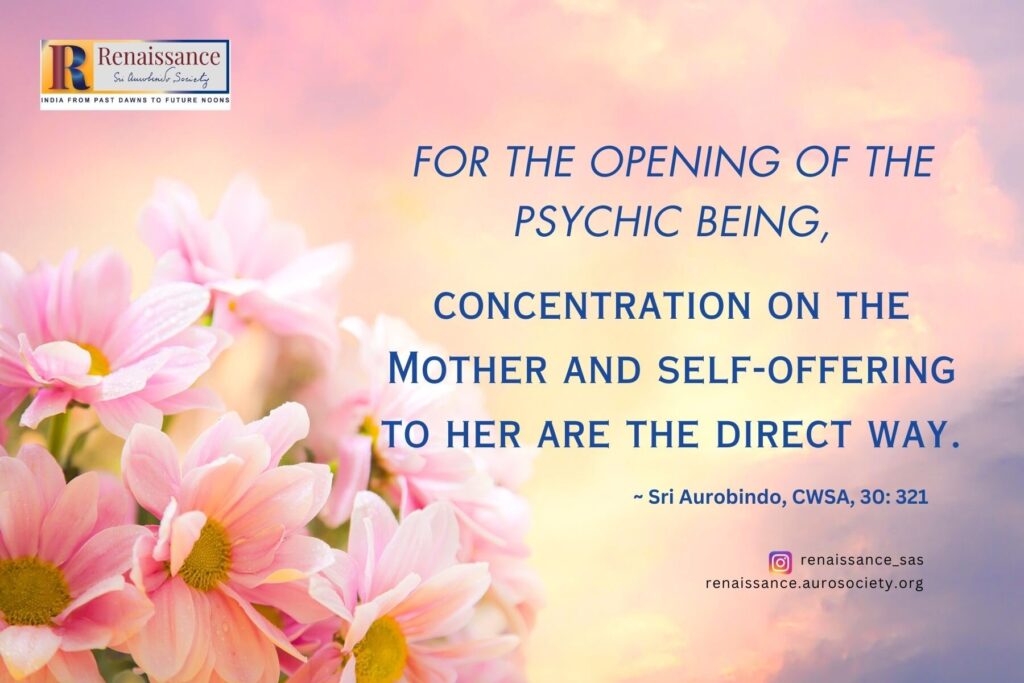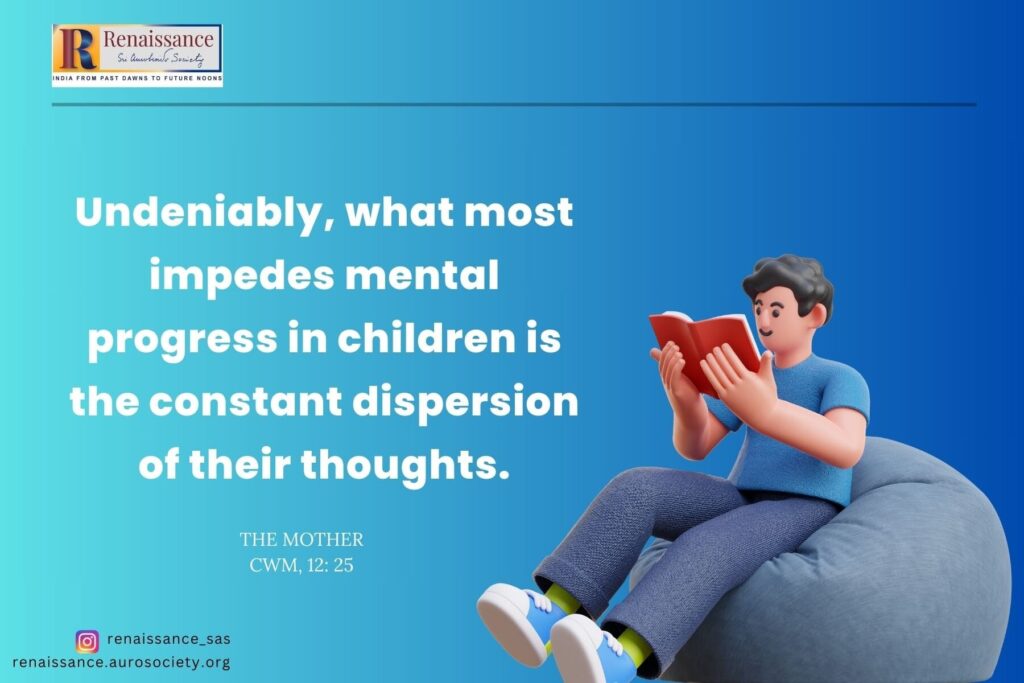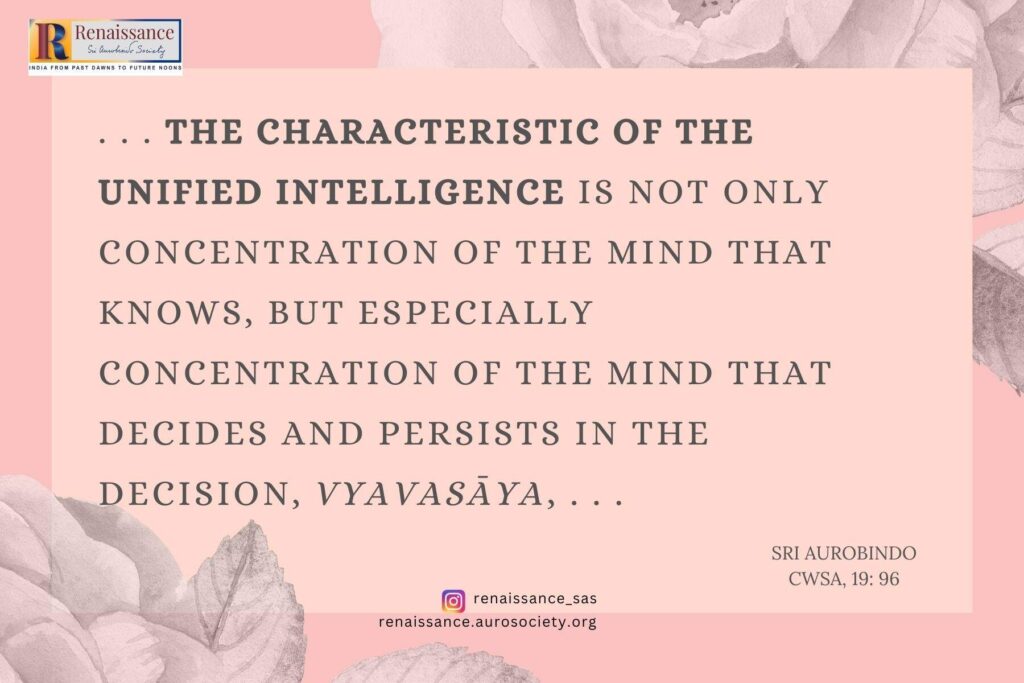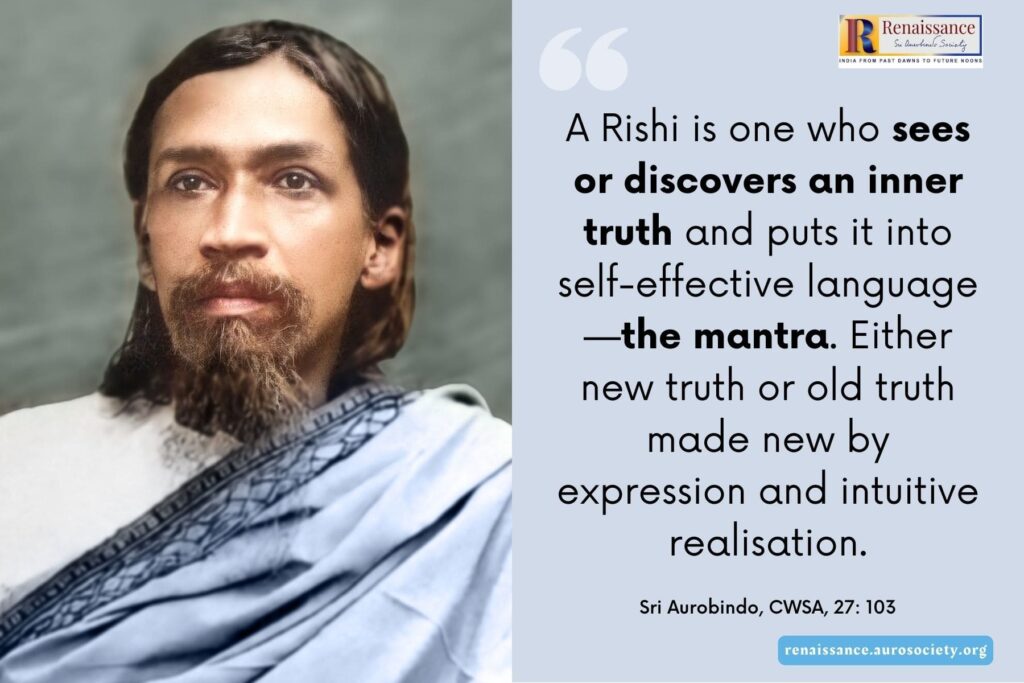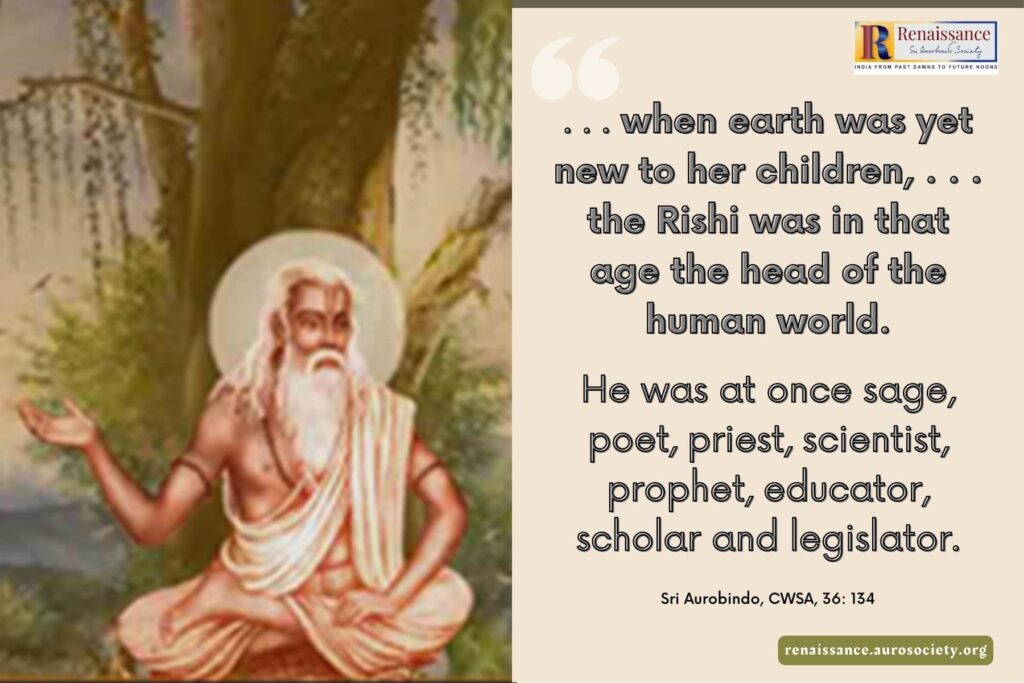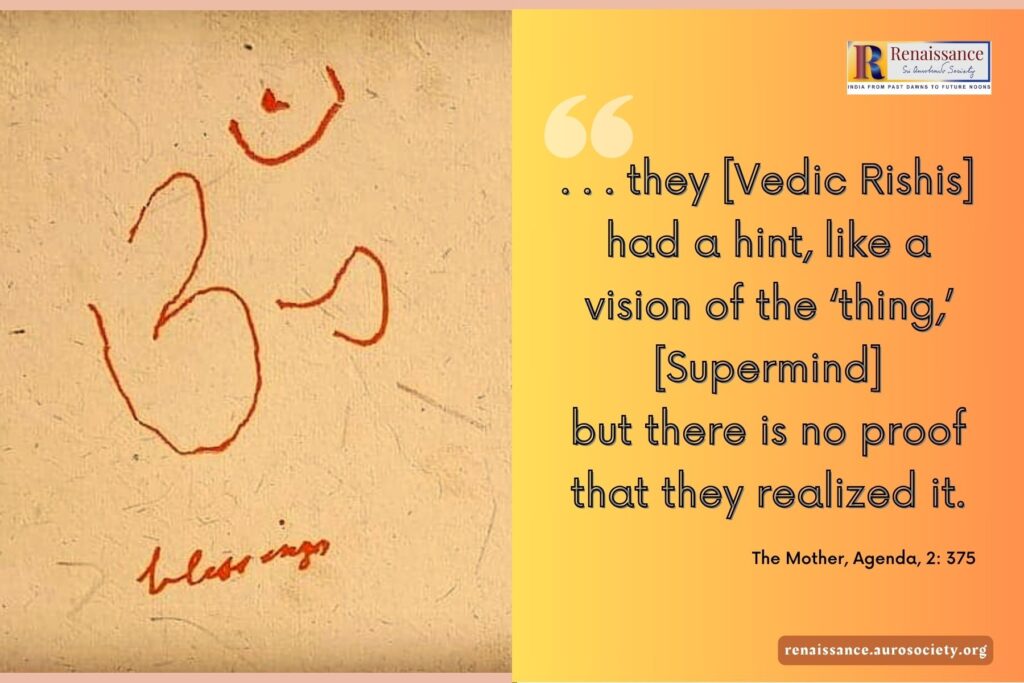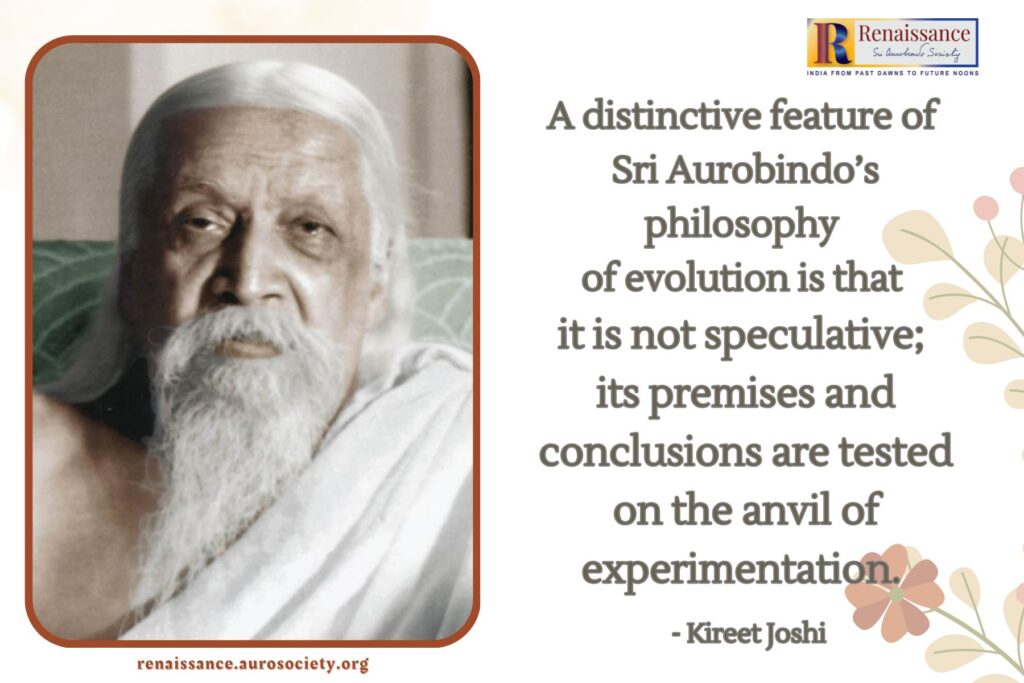Concentration in Spiritual Life
Given that concentration is such an important aspect of all spiritual pursuit and life, in various works of Sri Aurobindo and the Mother we find a great body of deep insights and detailed explanations on this. We present here a small selection of practical advice and guidance given by Sri Aurobindo.
Concentration in Spiritual Life Read More »

